Cubans call it “El Bloqueo”. Americans call it the “economic blockade”. The world at large sees it as the “siege of Cuba” that has lasted far too long. The time has come to lift the decades-long economic embargo on Cuba, initiated by President John F Kennedy in 1962, maintained and modified by successive US presidents, and reinforced under both Donald Trump and Joe Biden.
Cuba has a chequered history—from a Spanish colony to American suzerainty, to the communist revolution, the Fidel Castro era, and beyond. One must situate the US embargo in historical context, analyse why it has persisted despite global efforts to end it, examine its deleterious impact on Cubans, and argue why the time to end the embargo is now.
The Vote
On Wednesday, October 29, 2025, the UN General Assembly—for the 33rd consecutive year—overwhelmingly adopted a resolution calling for an end to the United States’ decades-long embargo against Cuba. The resolution, titled “Necessity of ending the economic, commercial, and financial embargo imposed by the United States of America against Cuba”, was passed with 165 votes in favour, seven against, and twelve abstentions.
Countries voting against included the US, Israel, Argentina, Hungary, Paraguay, North Macedonia, and Ukraine, while twelve abstained: Albania, Bosnia and Herzegovina, Costa Rica, Czechia, Ecuador, Estonia, Latvia, Lithuania, Morocco, Poland, Moldova, and Romania.
The resolution reiterated the UN General Assembly’s long-standing appeal to reject punitive US legislation such as the Helms-Burton Act of 1996, which Cuba and other nations argue violates international law and the UN Charter. It also noted measures adopted by President Barack Obama in 2015–2016 to modify aspects of the embargo, “which contrast with measures applied since 2017 under the Trump administration to reinforce its implementation”. The General Assembly decided to include the embargo on next year’s provisional agenda once again.
It is evident that the overwhelming majority of countries, from both the developed North and the developing South, favour ending the American embargo.
The Collective Punishment
The UN vote carries significant political and moral weight, yet only the US Congress can lift the Cold War-era embargo. Cuban Foreign Minister Bruno Rodriguez told the Assembly before the vote, “The blockade is a policy of collective punishment, and it flagrantly, massively, and systematically violates the human rights of Cubans. It makes no distinction between social sectors or economic actors.”
Meanwhile, US Ambassador to the UN, Mike Waltz, described the vote as “political theatre” by Cuba, portraying itself as “the victim of aggression while plainly describing itself as ‘the enemy of the United States’”.
Given this impasse, there is no end in sight to the 63-year-old embargo. The United States has consistently voted against UN resolutions since 1992, though it abstained for the first time in 2016 under Obama, when Washington and Havana sought closer relations.
The Call
On November 22, Alena Douhan, UN Human Rights Council Special Rapporteur, following her second visit to Cuba (her first was in 2023), reported significant deterioration across sectors due to stricter US measures. She noted, “For communities with low income, higher inflation and scarcity of resources make it very difficult to access proper nutrition,” urging the United States to stop using sanctions and “maximum pressure constraints”.
Douhan further observed, “Generations of Cubans have lived under unilateral coercive measures, which have shaped the country’s economic and social landscape,” highlighting that these measures violate numerous international legal norms and have worsened Cuba’s ongoing crisis.
Since 2020, Cuba has faced severe economic and energy crises. Its GDP has shrunk, and its 10 million residents have endured blackouts, food and medicine shortages, and inflation. The embargo was imposed in 1960 after Fidel Castro’s revolution toppled dictator Fulgencio Batista and nationalised US-owned properties.
Disturbed and Chequered History
A brief outline of Cuba’s turbulent history:
Discovery and Spanish Colony (1492-1898): Christopher Columbus discovered Cuba in 1492, naming it Juana. Inhabited by the Indigenous Taíno people, the island was conquered from 1511 under Diego Velázquez de Cuéllar. Spanish colonisation caused catastrophic demographic, cultural, and social upheaval, with diseases reducing the Taíno population by up to 90 per cent and forced labour systems devastating Indigenous society. Despite resistance, survivors retained aspects of cultural identity, while Spanish-Indigenous mixing produced a mestizo population, shaping Cuba’s present-day diversity.
American Suzerainty (1898-1959): Following the Spanish-American War, Spain ceded Cuba to the United States. Formally independent in 1902, Cuba remained under heavy US influence, especially in sugar trade, and under regimes favourable to US interests, notably Batista’s dictatorship from 1952.
Fidel Castro’s Revolution and Rule (1953-2008): Castro’s 1953 Moncada Barracks attack led to guerrilla warfare and Batista’s overthrow in 1959. By 1961, Cuba aligned with the Soviet Union. Castro’s regime pursued social reforms but faced American embargoes and challenges throughout his rule.
Life After Castro’s Death (2008-Present): Post-Fidel, Cuba remained communist under Raúl Castro and Miguel Díaz-Canel. Limited economic reforms and tourism growth occurred, yet poverty and restricted freedoms persist. Cultural pride survives alongside ongoing socio-economic challenges.
Life Before Sanctions: Before 1959, 90 per cent of Cuba’s trade was with the US, which controlled most industries. Following nationalisation, the US imposed an informal embargo and attempted the 1961 Bay of Pigs invasion. Operation Mongoose and the formal 1962 embargo under Kennedy escalated US pressure, ultimately prompting Cuba to seek Soviet military support, leading to the missile crisis.
The Embargo: President Eisenhower began measures against Cuba, which Kennedy formalised in 1962 via Executive Order 3447. Its aim to alter Castro’s regime failed, yet the embargo persists, bolstered by the Torricelli and Helms-Burton laws (1992, 1996), which penalise foreign companies doing business in Cuba, effectively externalising the embargo into a full blockade.
A Tangled Ball of Yarn: The embargo—“el bloqueo”—is a complex patchwork of laws, proclamations, and regulations. It has been tightened or loosened depending on the US administration, worsening under Trump and Biden despite sporadic relief under Ford, Carter, Clinton and Obama.
Consequences: The embargo has caused severe humanitarian, economic, and social crises, including food and medicine shortages, blackouts, exodus of skilled professionals, and GDP contraction. Losses are estimated in the trillions of dollars, with persistent trade deficits and underperformance in key sectors. Vulnerable populations are disproportionately affected.
Way Forward
Despite 63 years of embargo, Cuba survives, but at immense cost. It is time for the US Congress to heed the UN’s repeated resolutions urging an end to sanctions. Governance choices are sovereign matters; the US embargo is a relic that has inflicted deep economic, social, and humanitarian damage and must be lifted.
(The author is a multi-disciplinary thought leader with Action Bias and an India based impact consultant. He is a keen watcher of changing national and international scenarios. He works as President Advisory Services of Consulting Company BARSYL. Views expressed in the above piece are personal and solely those of the author. They do not necessarily reflect Firstpost’s views.)


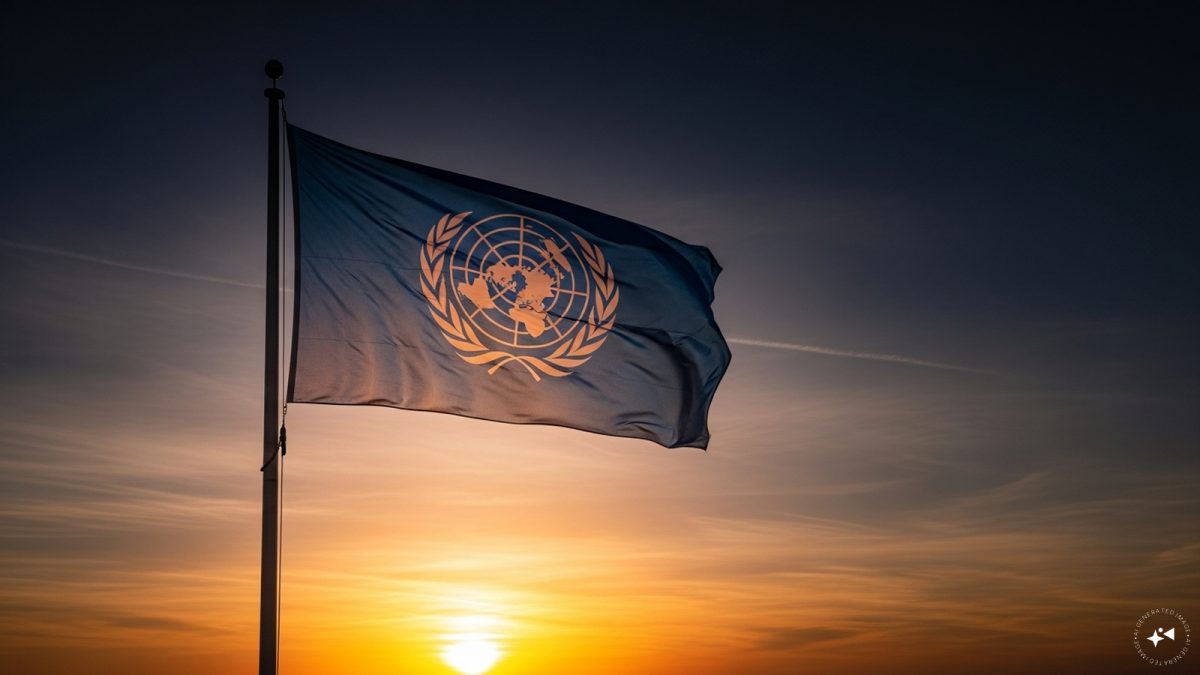)
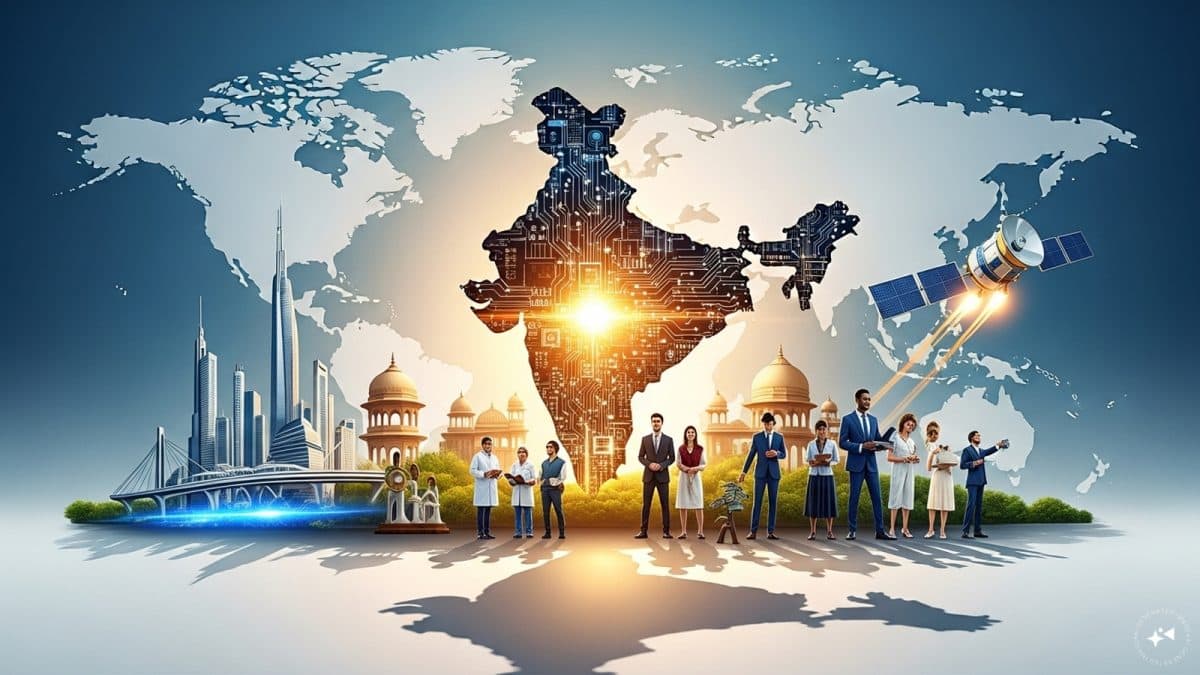
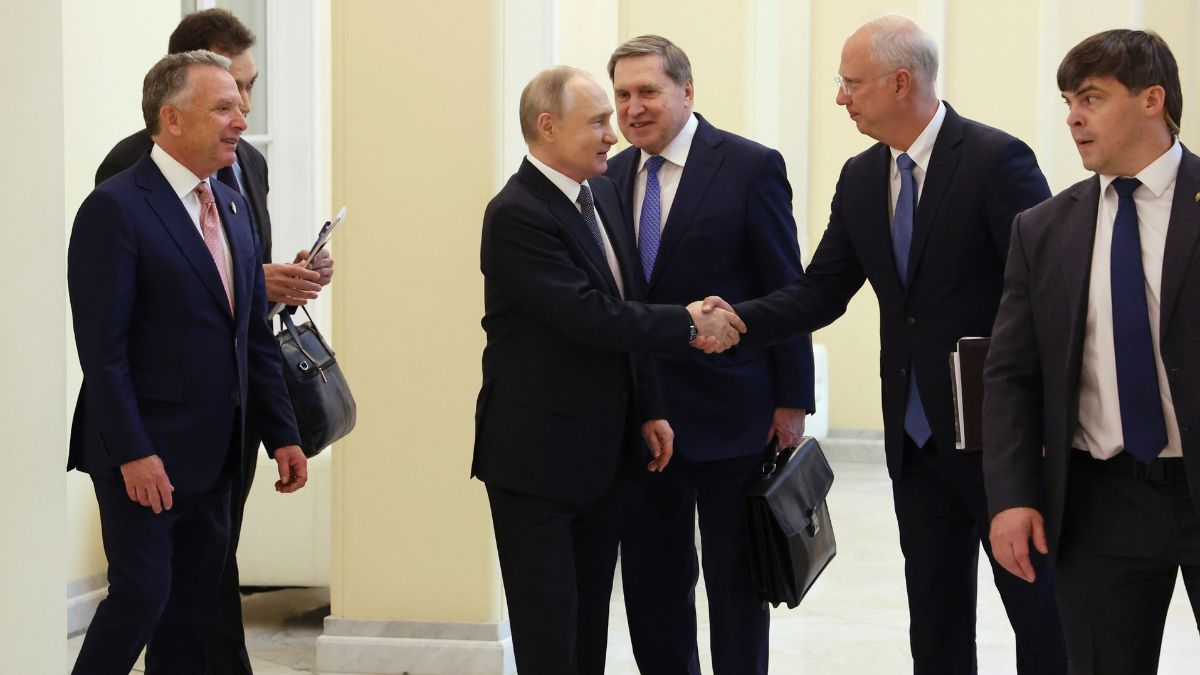)
)
)
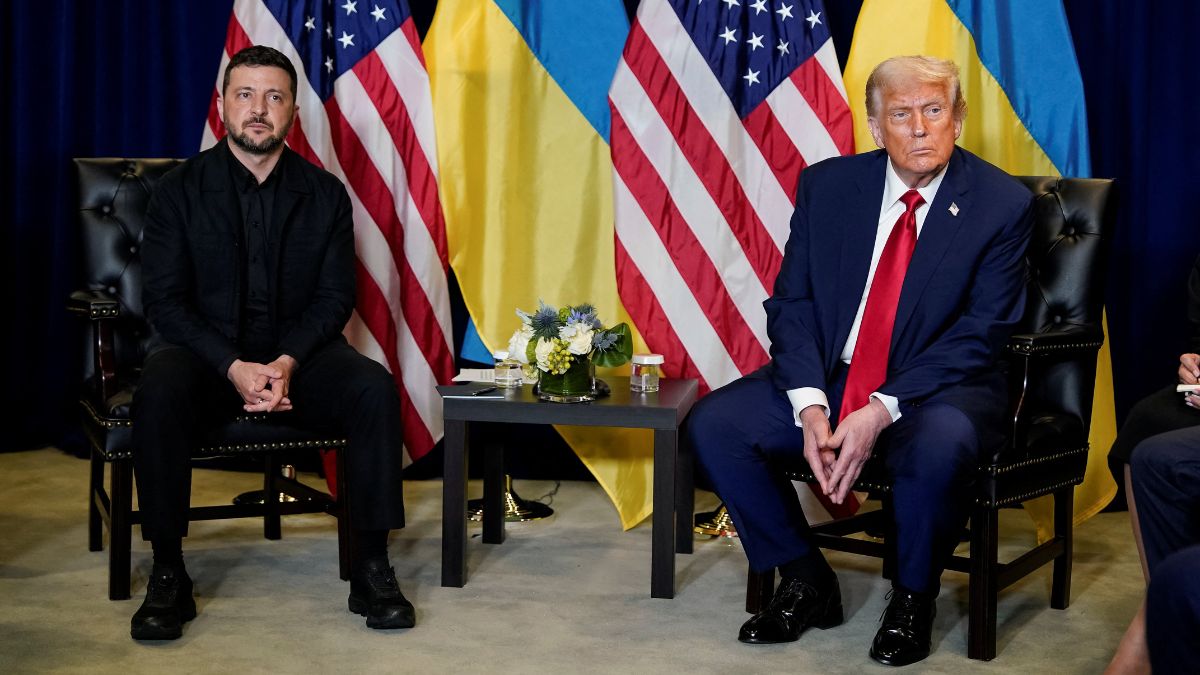)
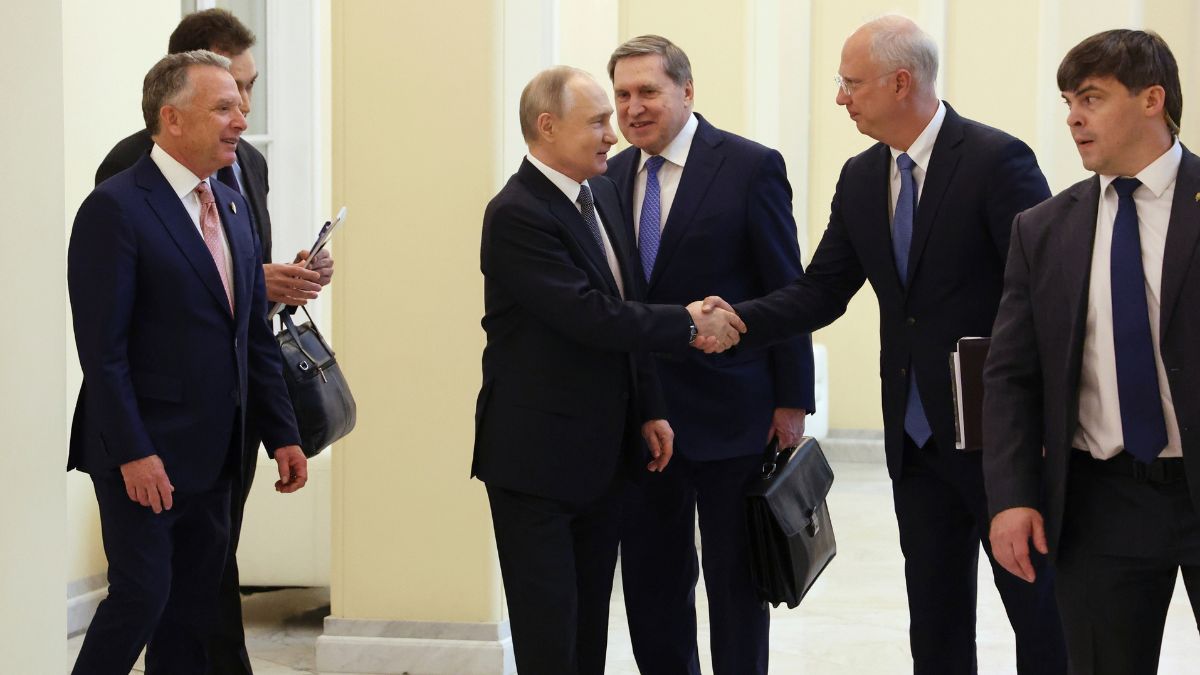)
)
)
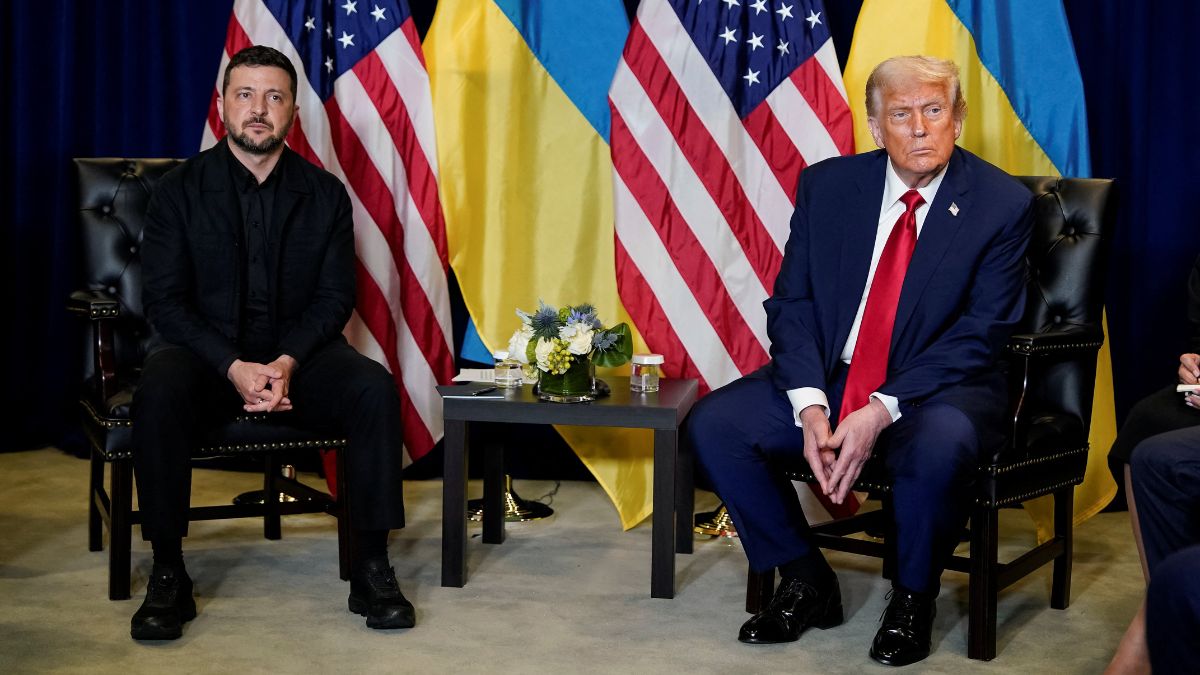)



